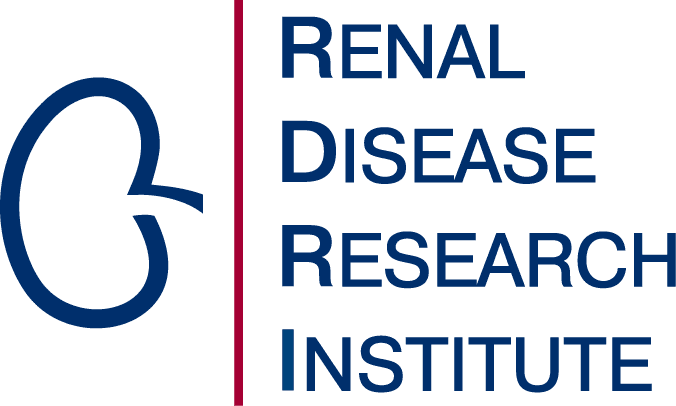Chronic Kidney Disease and New Year’s Resolutions
With the New Year comes New Year’s Resolutions
Many people want better health and a better life. However, most people give up on their promises within the first month. Patients with chronic kidney disease are no different. They want the best kidney health.
Here are some ways to keep your resolutions.
Go to all appointments.
Life gets busy. You may find yourself missing appointments. Before you know it, months have passed. Kidney disease typically does not have symptoms, so you may not know if your kidneys are getting worse, better, or stable. Make it a point to keep appointments. Find friends and family members who will hold you accountable. Set digital reminders on your phone. Make a list of questions to help you remember. Get a ride if needed, but make sure to attend your appointments. Keeping your appointments is vital to your good health.
Maintain a kidney-friendly diet.
With kidney disease, there can be limits on what you eat and drink. You may need more information. After all, eating and drinking should be enjoyable. If you are unsure what to eat, meet with a DNA dietitian. The dietitian can help you with a healthy and satisfying meal plan. You can also look up kidney-friendly meals online.
Take your medication correctly.
Medication is an important part of your care plan. If cost is a concern, talk to your doctor or pharmacist. They may be samples or discount cards. If you are having unwanted side effects, call the office. Your doctor may prescribe a different medication. Lastly, if you take many medications, get a reminder box to stay on the correct schedule.
Maintain your mental health.
Chronic kidney disease may be a new diagnosis for you. You may feel different emotions: anger, sadness, or anxiety. These feelings are normal. You should not be emotionally stuck or become clinically depressed. Depression can lead to difficulty understanding and following your care plan. If you are feeling depressed, let your care team know. Treatment is available.
These tips offer ways to keep your resolutions. If you struggle, don’t give up. It is okay to restart every month, week, or day. Remember that you are not alone. Let us know how we can help.
“It’s never too late to become who you want to be. I hope you live a life that you’re proud of, and if you find that you’re not, I hope you have the strength to start over.” – F. Scott Fitzgerald


Exploring New Kidney Disease Treatments: Clinical Trials at RDRI
The Renal Disease Research Institute (RDRI) is a research entity associated with Dallas Nephrology Associates. At RDRI, patients can join clinical trials that could lead to new treatments for chronic kidney disease. RDRI has been involved in studies that led to the approval of Farxiga, Jardiance and Elfabrio.
What is a clinical trial?
A clinical trial is also called a research study. During a research study, patients are asked if they would like to join a study to test a new treatment. Research studies are used to find out if a medication or device is safe and works well. Experienced doctors closely monitor patients who join the studies.
Why volunteer for a trial?
Joining a study is a way to help others and possibly yourself by contributing to new scientific research.
What happens when you volunteer for a clinical trial?
- The research team will talk to you about the study. You are given a copy of the consent. The consent form explains why the study is being done and what the study involves (including the chance of receiving a placebo). A placebo is a pill that does not contain active medicine. The consent form also explains possible side effects and how data collected about you will be used.
- If you agree to join the study, you sign the consent form and a screening visit occurs. At the screening visit, the research team collects your medical history, and lab tests are performed. The information collected will determine if you can join the study.
- If you join the study, the research doctor will begin closely monitoring your health. You will attend study visits at the clinic for physical exams and lab tests. You will also be asked to report side effects or changes to your health.
- You will continue to see your doctor for your routine healthcare. At your request, test results will be shared with your doctor.
RDRI is currently conducting clinical trials and looking for volunteers for the following kidney diseases:
- Alport Syndrome
- APOL-1 related kidney disease
- Chronic kidney disease with heart disease
- Fabry disease
- Focal Segmental Glomerulosclerosis (FSGS)
- IgA Nephropathy (IgAN)
If you are interested, talk to your doctor.
For more information about Renal Disease Research Institute, visit renaldiseaseresearch.com.